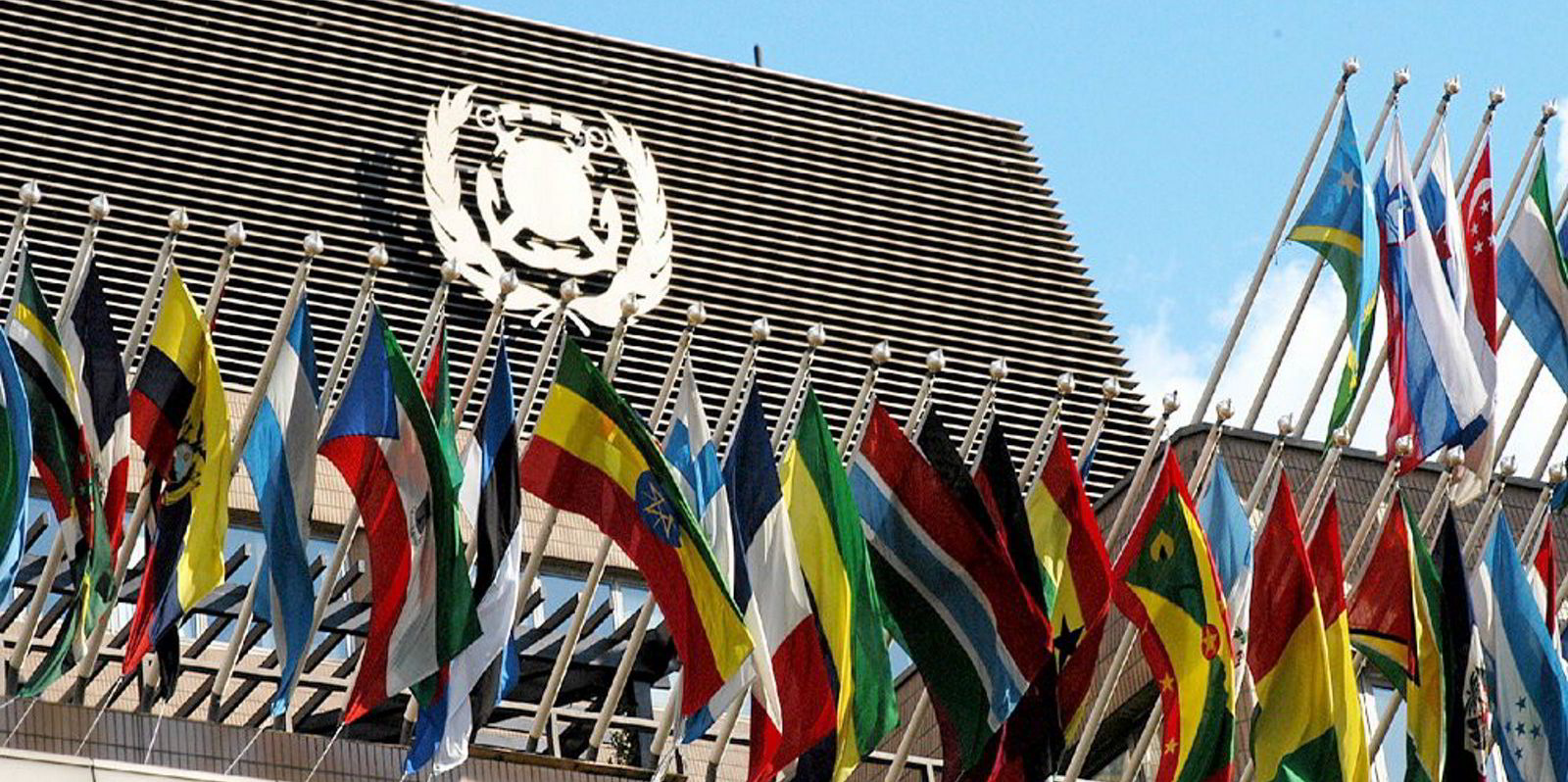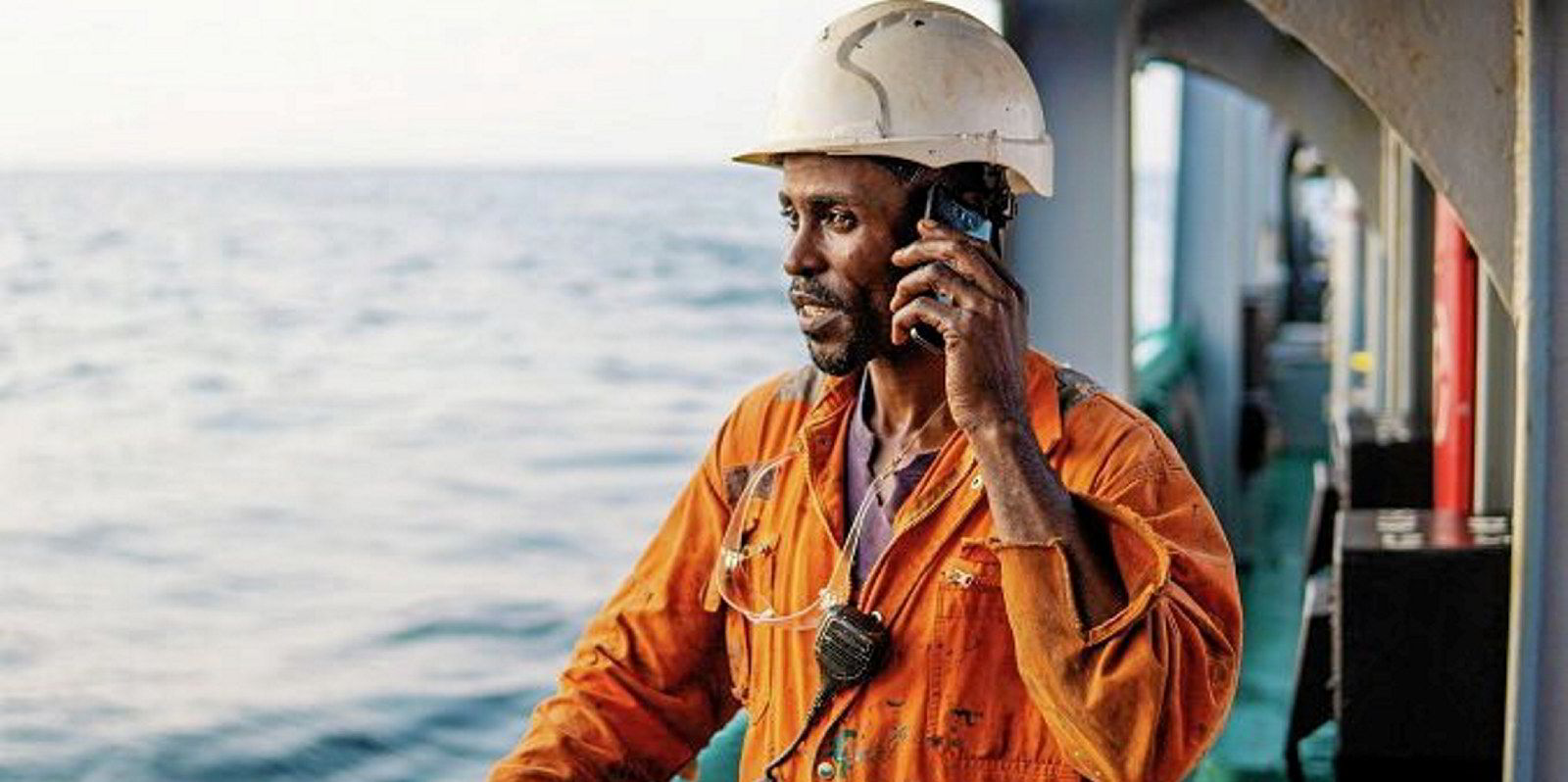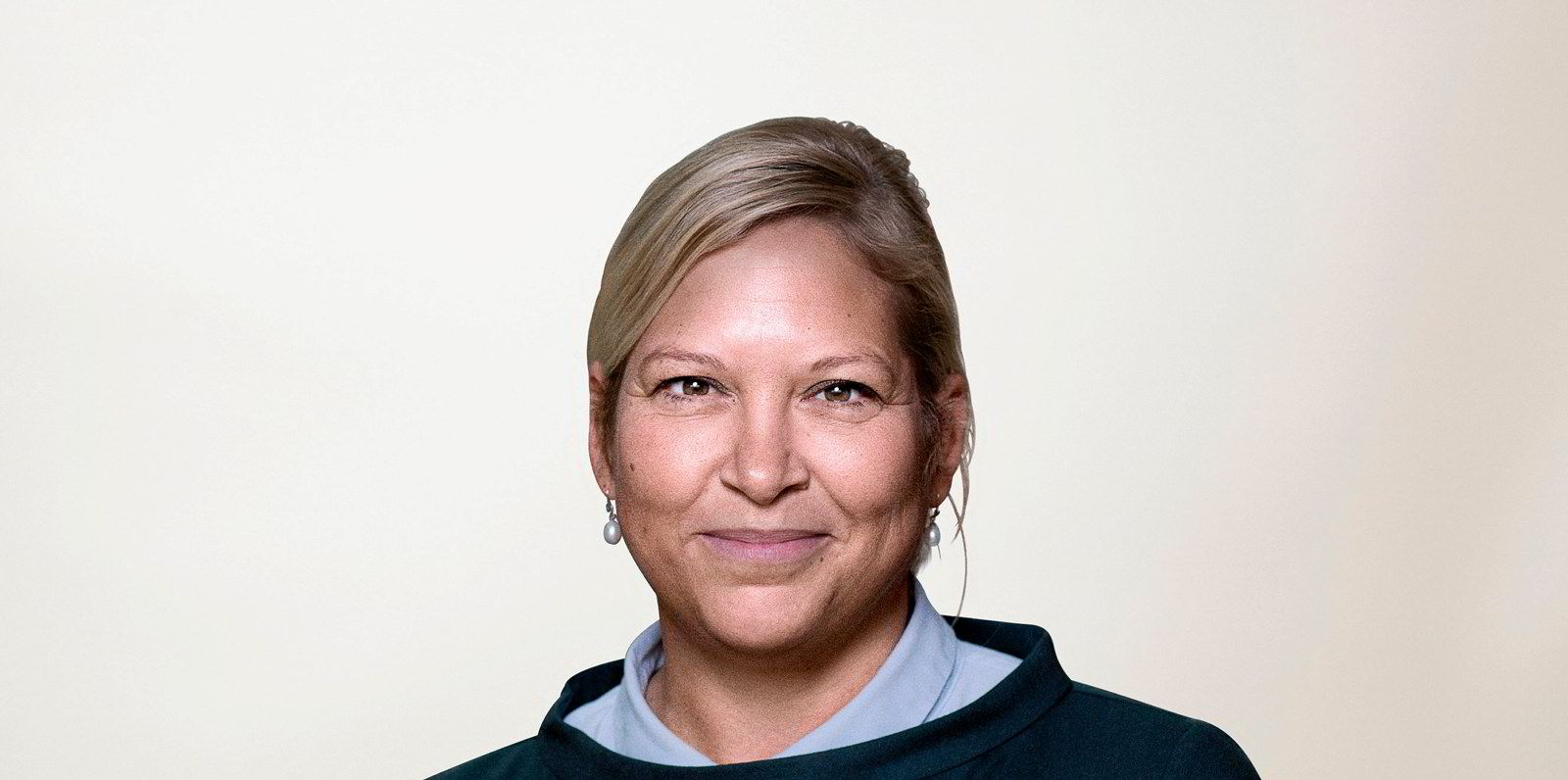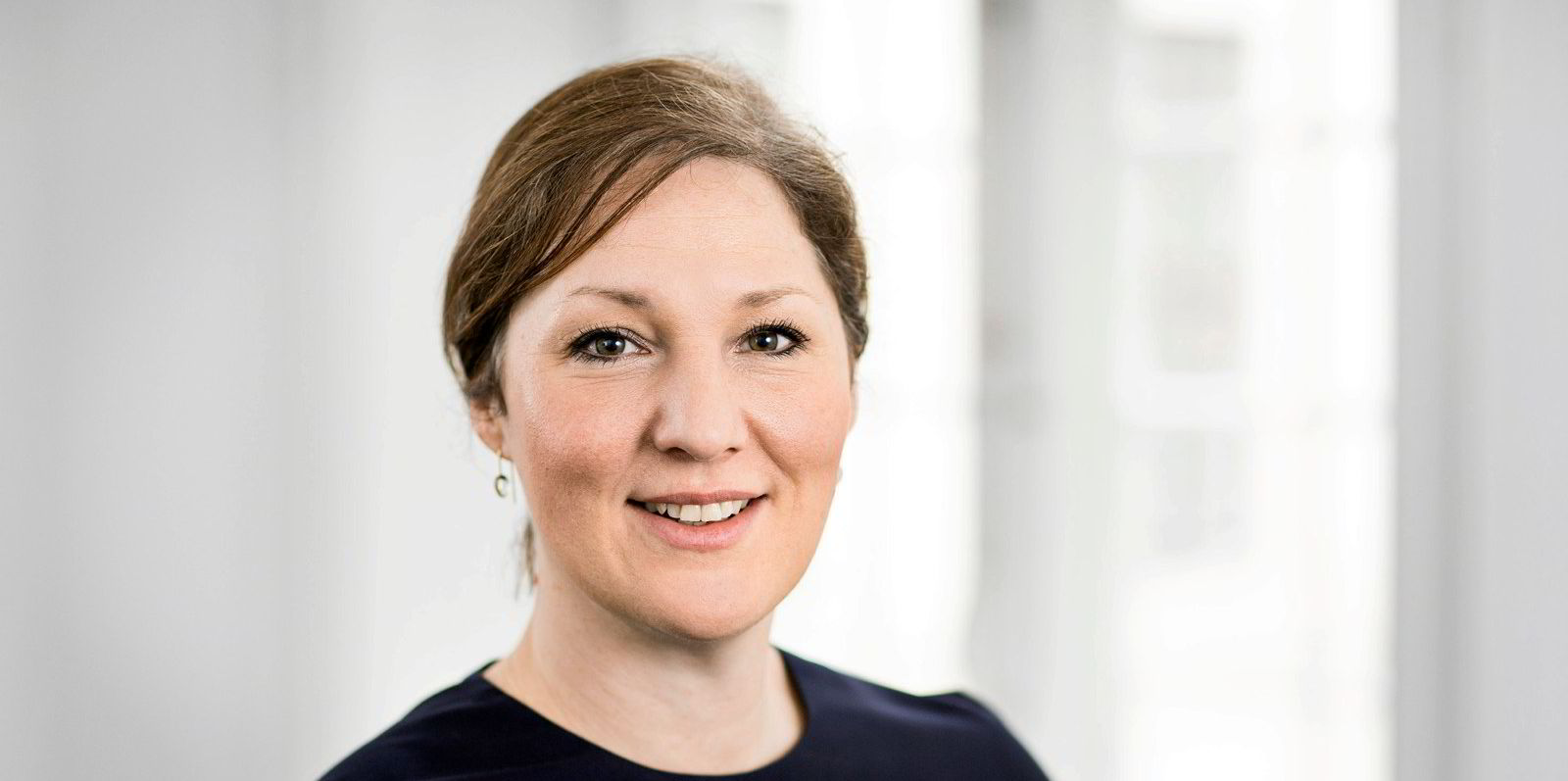InterManager president Mark O’Neil was not impressed to learn the shipping industry is planning a conference to coincide with the United Nations COP26 climate summit in Glasgow.
In his view, it is too little, too late.
"We should have done this six months ago to present these politicians with shipping's considered view on various issues," he told TradeWinds.
He argued that the International Chamber of Shipping (ICS) cross-industry decarbonisation conference on 6 November is also "not inclusive" of other shipping bodies.
"Where was my invite?" he asked. "Why was it just ICS members who happen to sponsor talking, when this should have been an expanded round-table discussion on macro issues and debate?"
O'Neil, who is also chief executive of Columbia Shipmanagement, is using his platform at ship managers association InterManager to push for a single unified body to represent shipping.
"Shipping is having to follow knee-jerk, populist policies without a proper sensible, consolidated, coordinated position and debate," he said.
Speaking with "one voice" would enable the industry to say some "pretty unpalatable things" to governments.
Recent problems of Chinese ports preventing foreign crew changes were too much for any individual ship manager, commodity trader or energy giant to deal with alone.
But a "shipping industry body could say: 'If you don’t change it, we’ll boycott your ports'. This is powerful," O'Neil said.
Another example is the recruitment of seafarers.
"We have a situation where we already have a problem with recruiting, and nobody is dealing with that?" he said.
A bit-part player
O'Neil advocates the formation of an international maritime committee to speak for shipping on macro issues such as crew welfare, vaccinations, decarbonisation and low-sulphur fuels.
It could comprise an expanded round-table of organisations and involve a rotating presidency.
"On macro issues requiring fast decision making on which we must all be aligned, then there has to be one voice," he said.
"That is massively important now. I can tell you shipping won't be a voice at COP26. It won’t even have a squeak.
"From an industry that led the way for so long for 300 years, we're now being left on the sidelines and a real bit-part player.
"Today, I don’t think we are any more important than haulage, rail or aircraft."
O’Neil said Intercargo, Bimco and Intertanko are “floating their own boats” and represent their members’ interests well.
“They are looking to the IMO [International Maritime Organization] to promulgate those,” he said. “And the IMO is not a lobbyist. It’s a regulator.”

Shipping would therefore be better served by his proposed maritime committee working alongside the IMO.
It could, for example, be used to formulate shipping's policy in the environment, social and governance debate.
That includes whether building dual-fuel vessels is better for the environment than measures such as carbon capture or extending the life of the fleet.
“We’re our own worst enemy if we don’t do this because, individually, we can be picked off; collectively, we can’t,” O’Neil said.
Key moment
The ICS declined to comment on criticism of its plans to hold its conference at the University of Strathclyde’s Technology & Innovation Centre in Glasgow, at the same time as COP26, which runs from 1 to 12 November.
But in a recent statement, it suggested the event would "translate government ambitions set out at COP26's leaders' summit and identify actions and recommendations for all parties, including IMO member states".
ICS secretary general Guy Platten said: "We are bringing together these leaders from across the world so that a green light can be given from governments to unlock investment quickly and get zero-carbon ships on the water by 2030.
"Without shipping, the global energy transition will fail. But industry can't invest based on promises and goals."
Without political support, he said shipping's energy transition could be put at serious risk.
"We need actions and tangible agreements that will release much-needed investment in shipping for the next decade and beyond," Platten said.
Soren Toft, chief executive of lead sponsor Mediterranean Shipping Co, described the conference as "a key moment in shipping's transformation to a decarbonised industry".
Rolf Habben Jansen, chief executive of liner operator Hapag-Lloyd, added: "This is a once-in-a-generation opportunity to bring about lasting change on shipping's decarbonisation journey."







